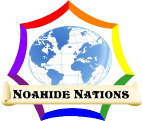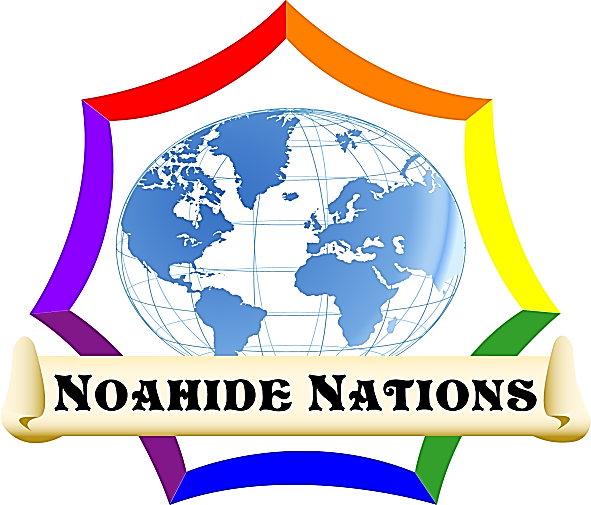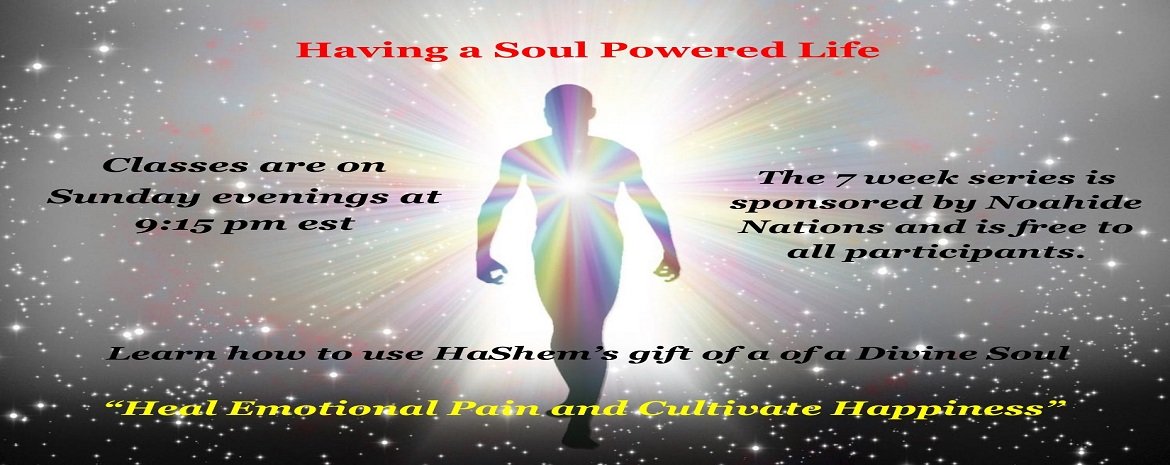CHOOSING A RABBI - Choosing a Rabbi 4
- Category: TREASURE CHEST OF TORAH WISDOM
- Hits: 45879
Article Index
Choosing a Rabbi
The only qualified Rabbis are those who are observant and received their training from orthodox institutions. If someone was ordained as a reform Rabbi, and subsequently became orthodox, their ordination remains invalid.
Know from where a Rabbi received semikhah. Did he get it online, from a recognized Torah scholar, or from a Yeshiva? All three could be valid, depending on the source.
Also, what did the Rabbi have to study to receive his semikhah? Was it one area (i.e. Issur v’Heter) or did he have to complete a long course of study? Most importantly is the rabbi affiliated with a particular institution, or is he a “lone wolf?”
Rabbis who “do their own thing” should generally be avoided because they have no accountability to anyone other than themselves.
You must endeavor to find a Rabbi in whose scholarship you have confidence and who you believe will take your interests seriously. If you always agree with everything your Rabbi tells you, then your relationship with the rabbi is not healthy for you. You want to find a Rabbi who challenges you. Most important of all, you must find a Rabbi who is consistent in his teachings. A rabbi who changes his opinions to suit the audience at hand, or when he is challenged, should be avoided.
Kabbalah – License
Besides ordination, there is another rabbinic credentialing called kabbalah – although this is similar to the Hebrew word for mysticism, it has an entirely different meaning here. A kabblah is a license to practice as a mohel (perform circumcision), sofer (scribe) or shochet (kosher slaughterer).
• Mohel – An unlicensed mohel should not be used. Additionally, unlicensed mohalim are exposed to tremendous liability. Besides the religious requirement for licensure, many countries have laws that enforce certification.
• Sofer – There is a tremendous number of unlicensed soferim (scribes) today. Many of these are producing non-kosher mezuzos and tefillin. Without licensure, their work would still remain unacceptable because the work of an unlicensed sofer (scribe) considered non-kosher even if the unlicensed Sofer is a Torah scholar and if their work is executed properly. Purchase of safrus from an unlicensed person is likewise prohibited.
• Shochet (a ritual slaughterer of animals) – The requirement of licensure for shochtim is very stringent. The meat of an unlicensed shochet is treated as non-kosher even if he slaughtered the animal correctly. As a result the meat is either discarded or sold to non-Kosher meat companies.
Honor Due to Torah Scholars
Rise before an elderly person and stand before a wise man.11
This teaches that we are obligated to show honor to a Torah scholar by standing in his presence. We must stand when a scholar enters or leaves a room if he is within six feet of us. For an exceptional scholar, we stand when he enters the room even from more than 6 feet away.
11 Leviticus 19:32.
For a more in-depth study of this topic and the Torah of Noahism go HERE.


 French (FR)
French (FR)  English (UK)
English (UK) 




